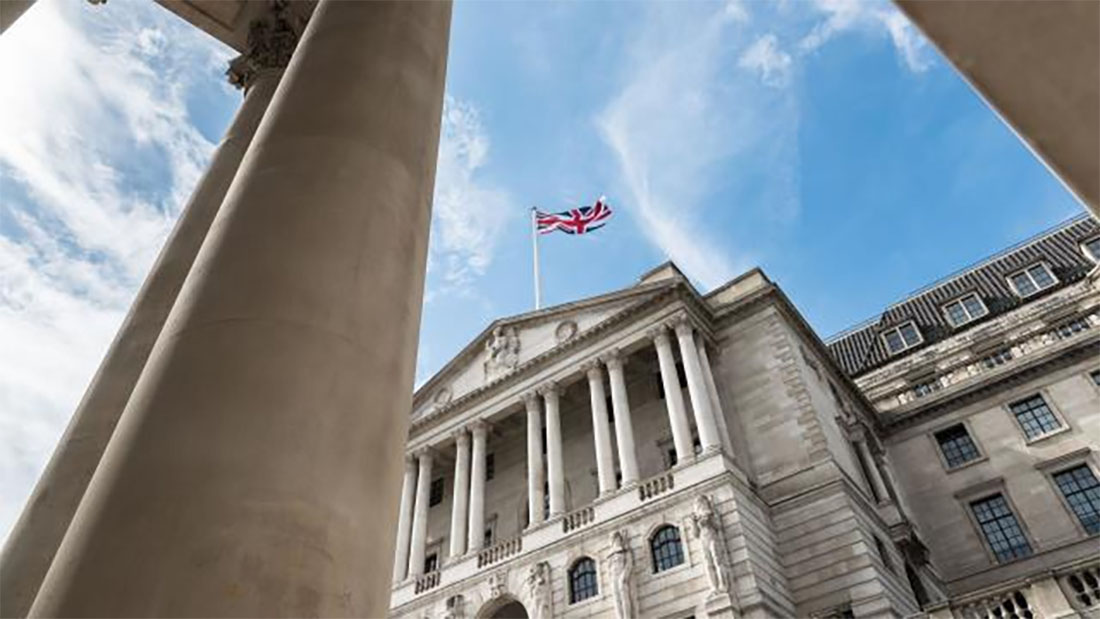
Photo Credit: Getty Images
On Thursday, the Bank of England announced it was cutting its key interest further after UK inflation hit a three-year low and signalled more reductions, easing pressure on borrowers.
As widely expected, the BoE trimmed borrowing costs by 25 basis points to 4.75 percent at a regular policy meeting, its second cut since August. The Federal Reserve is set to follow suit with US rates later in the day as inflation cools globally.
"We have been able to cut interest rates again" after UK annual inflation fell below the BoE's target, the central bank's governor Andrew Bailey said in a statement.
The Consumer Prices Index in Britain stands at 1.7 percent, the lowest level since 2021 and below the two-percent target.
"We need to make sure inflation stays close to target, so we can't cut interest rates too quickly or by too much," Bailey cautioned.
"But if the economy evolves as we expect it's likely that interest rates will continue to fall gradually from here."
The BoE said a maiden budget last week from Britain's new Labour government, featuring tax rises and increased borrowing, would boost growth but also lift inflation.
"The UK budget means that interest rates will fall a bit slower," Paul Dales, chief UK economist at Capital Economics, said following the latest rate decision and accompanying statements from the BoE.
He forecast the central bank would also carry out fewer cuts next year than had been expected ahead of the tax and spend plans unveiled by the new government led by Prime Minister Keir Starmer.
The BoE's cautionary tone Thursday about cutting too fast and by too much boosted the British pound.
Other major central banks also started this year to cut interest rates that had been hiked in efforts to tame inflation, which had soared following the end of Covid lockdowns and Russia's invasion of Ukraine.
















